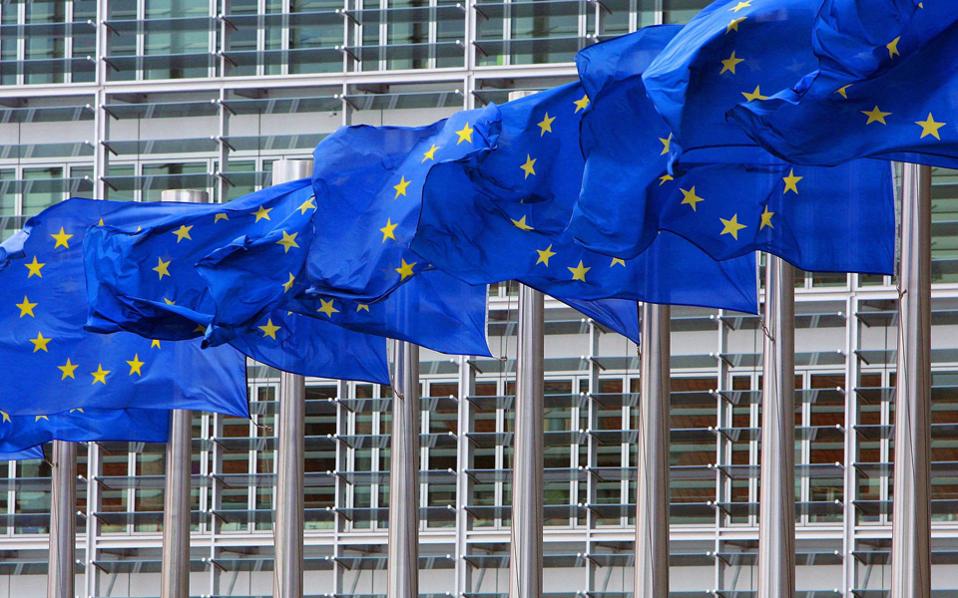Early bilateral loan payment

The Finance Ministry is considering the early repayment of a section of the bilateral loans Greece had received in the context of the first bailout in 2010, according to sources.
The plan is still in the early stages, but has returned to the fore after Wednesday’s successful dual market foray with the reopening of the five- and 30-year bonds.
Greece has already paid off a large part of its International Monetary Fund loans that were the most expensive as part of its efforts to cut its debt servicing costs and improve its credit profile.
Now it is turning to the bilateral loans in a similar move, as it is believed the IMF is required to remain one of the country’s creditors so as to keep an eye on the economy, at least until Greece emerges from the European Union’s enhanced surveillance status in 2022. This means that for the next year, at least, the repayment of bilateral loans will be preferred over those of the IMF.
The plan provides for the early repayment of the loans due in 2022, adding up to 2.6 billion euros – i.e. almost the sum the Public Debt Management Agency raised on Wednesday from the bond issue reopenings. This would save Greece some €10 million next year. The bilateral loans entail annual payments of €2.6 billion, for a total of €52 billion by 2042.
Nevertheless, this is not a simple affair: It will also require the consent of the member-states which have lent Greece money and then that of the European Stability Mechanism to allow Athens to pay off another creditor and not the ESM. This is the same process as that followed for the early repayment of the IMF loans.
Greece has made early repayments on IMF loans of some €6 billion in two installments, with the second made last March and amounting to €3.3 billion. That last payment wrote off dues that should normally have been paid by December 2, 2022. After those installments, the rest of Greece’s dues to the Fund come to €1.7 billion, about the amount required for the IMF to monitor Greece.





